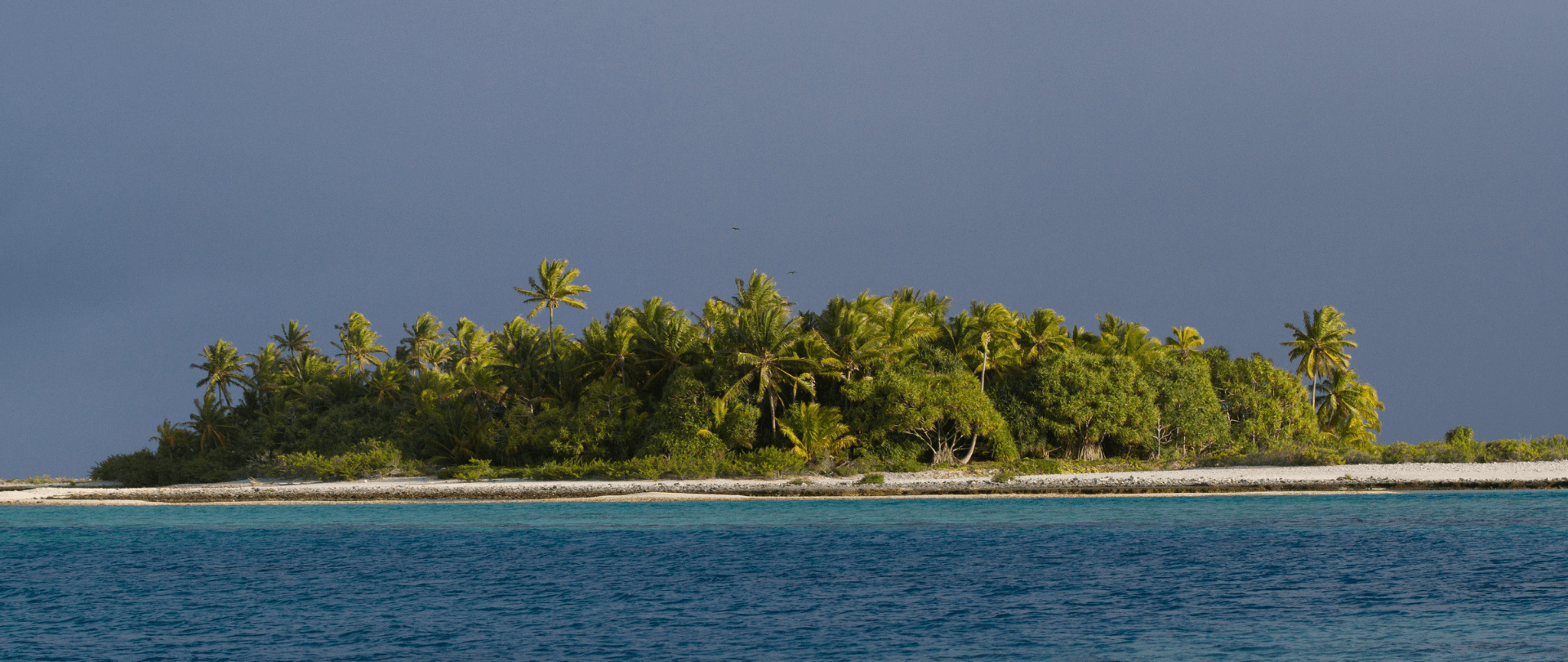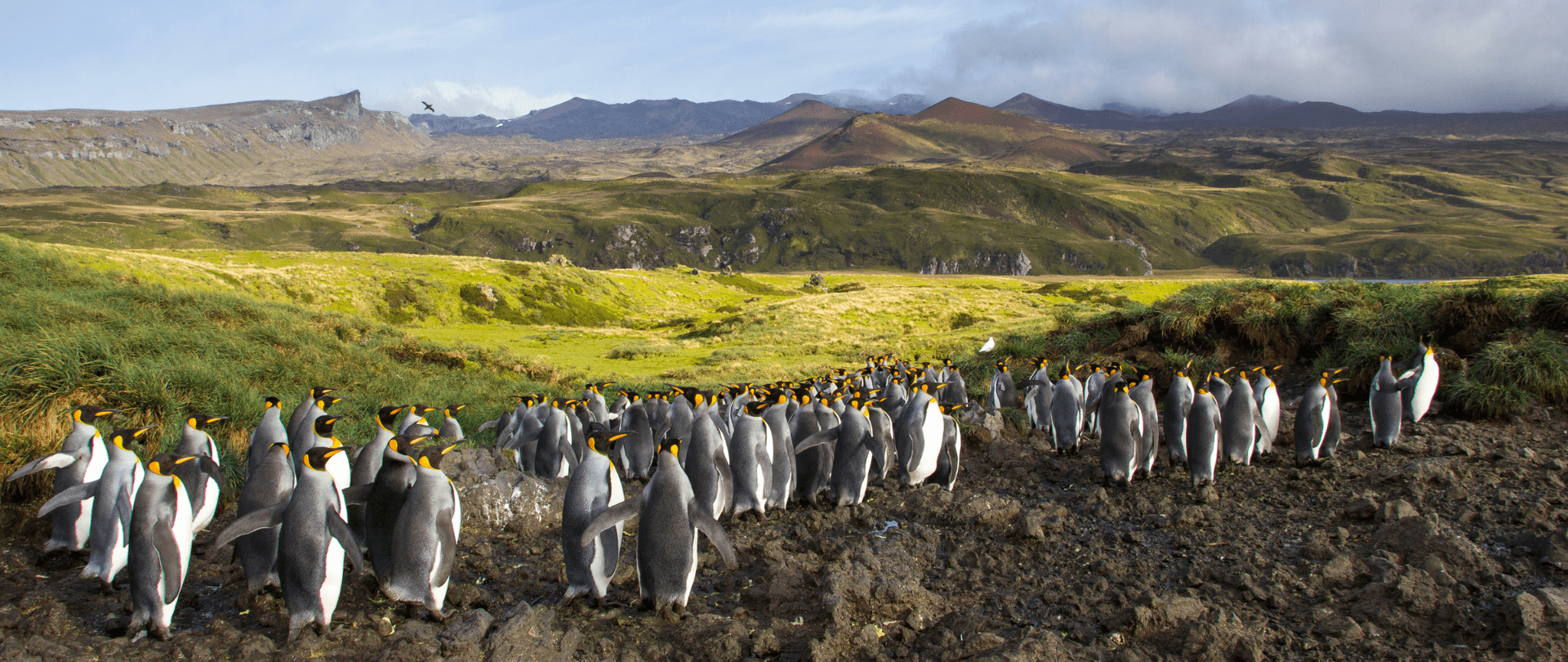The Ebiil Society: Champions of Palau
Ann Singeo, founder of our partner organization the Ebiil Society, shares her vision for a thriving Palau and a flourishing world of indigenous science!
Our new online shop is live!
Published on
March 14, 2016
Written by
Sara
Photo credit
Sara

Exciting news! A new species of lizard was discovered on the remote Mussau Island in the Pacific Ocean. Because they are isolated, islands are conducive to speciation, which leads to fascinating organisms–like this lizard–and high biodiversity.
Described as a ‘biological oddity’, researchers from the University of Turku in Finland say the lizard, named Varanus semotus, is the biggest land-living predator on the island. The lizard can grow to over a metre in length and they have a black body with clustered groups of dispersed yellow/orange markings.
Because species on islands are reproductively isolated, the speciation (the evolution of distinct species) rate is higher than for organisms on mainlands. Researchers note that Mussau and nearby islands have high biodiversity and are full of unique creatures because of their isolation.
The newly discovered species may need protection from invasive cane toads and habitat destruction.
Read the original article here.
Feature photo by Valter Weijola
Check out other journal entries we think you might be interested in.

Ann Singeo, founder of our partner organization the Ebiil Society, shares her vision for a thriving Palau and a flourishing world of indigenous science!

This historic agreement aims to protect the marine and coastal areas of the Southeast Pacific.

Our projects to restore key islets in Nukufetau Atoll forecast climate resilience and community benefits in Tuvalu!

Island Conservation and partners have published a new paper quantifying ecosystem resilience on restored islands!

Climate Week NYC: what is it and why is it important? Read on to find out why Island Conservation is attending this amazing event!

With sea levels on the rise, how are the coastlines of islands transforming? Read on to find out how dynamic islands really are!

Join us in celebrating the most amazing sights from around the world by checking out these fantastic conservation photos!

Rare will support the effort to restore island-ocean ecosystems by engaging the Coastal 500 network of local leaders in safeguarding biodiversity (Arlington, VA, USA) Today, international conservation organization Rare announced it has joined the Island-Ocean Connection Challenge (IOCC), a global effort to…

Island Conservation accepts cryptocurrency donations. Make an impact using your digital wallet today!

For Immediate Release Conservation powerhouse BirdLife South Africa has joined the Island-Ocean Connection Challenge (IOCC) – a global initiative aiming to restore, rewild and protect islands, oceans and communities – to support its work to save internationally significant albatross populations…